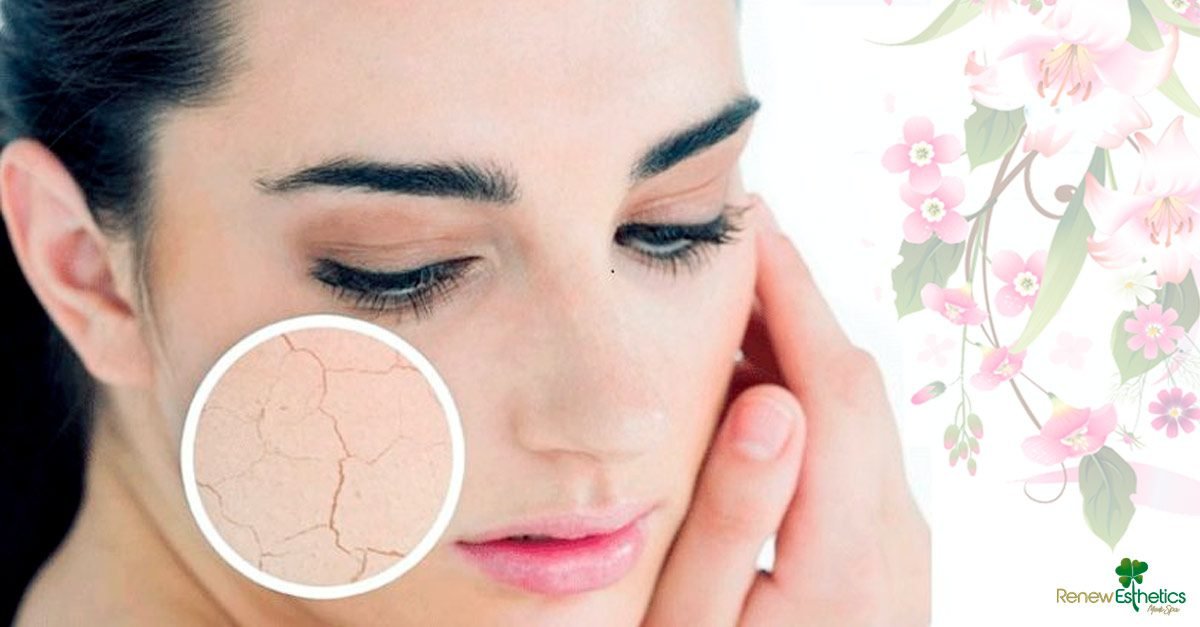How Pollen affects your skin
The pollen is a particle emitted by the male reproductive genital flowers in order to fertilize the female flowers for the formation of the fruit. During the pollination period, a single plant produces thousands of grains of pollen. With the wind, pollen can travel long distances.
Spring is a wonderful and bright season, it brings back all the color that winter took away, but what if we tell you that with those longer days and an abundance of pretty blooms follows a whole host of skin problems?
Pollen makes up a significant amount of particulate pollution, and has been demonstrated to be damaging to the skin, it has the ability to deliver an attack on cells, which means it isn’t just a runny nose, itchy eyes and constant sneezing we have to contend with.
So what exactly are we dealing with and how can we stop it?
1) Pollen prevents Collagen Production
Collagen is the protein that gives skin its strength and elasticity, and without it, skin tends to look slack, deflated and peppered with fine lines and wrinkles – not cool.
What to do?
Antioxidants, such as vitamin C, are effective in combating skin-aging effects of pollen. According to dermatologists, vitamin C is pretty much essential for collagen synthesis.
2) Pollen can damage the skin’s barrier function
After winter, the skin’s barrier function is weakened; skin tends to become dry, itchy and irritated.
What to do?
To counteract the damage, it pays to look out for ingredients that are going to rebuild the skin’s barrier like ceramides and hyaluronic acid do. Also, checkout professional facials, they are very helpful to remove dead skin cells and hydrate the skin.
Vitamin E also works to neutralise free radicals before they can do any damage and, according to the experts, it is one of the most intensely moisturising vitamins for parched skin.
3) Pollen can lead to inflammation
Inflammation can present itself as a rash, itchy areas and redness and is also a result of skin conditions like eczema, psoriasis and rosacea.
The bad news is that you can’t control the levels of pollen pollution in the air. But you can totally safeguard your skin against them, and antioxidants like Resveratrol and Ferulic Acid are a great place to start.
What to do?
Green tea has pretty brilliant antioxidant properties so it’s a good idea to apply it all over your face, it will help boost your daily moisture to block those pesky pollen particles.
And if you’ve already dealing with eczema or atopic dermatitis flare up, it might be worth visiting a professional esthetician that recommends you the best facial treatment to counteract these conditions.




